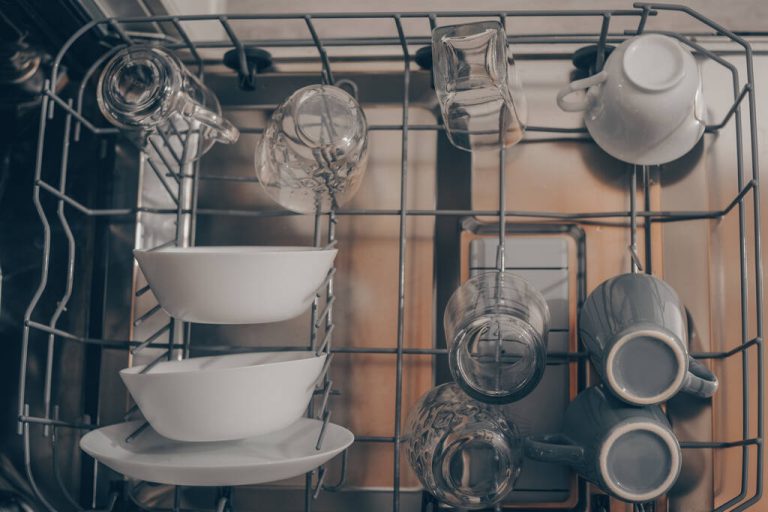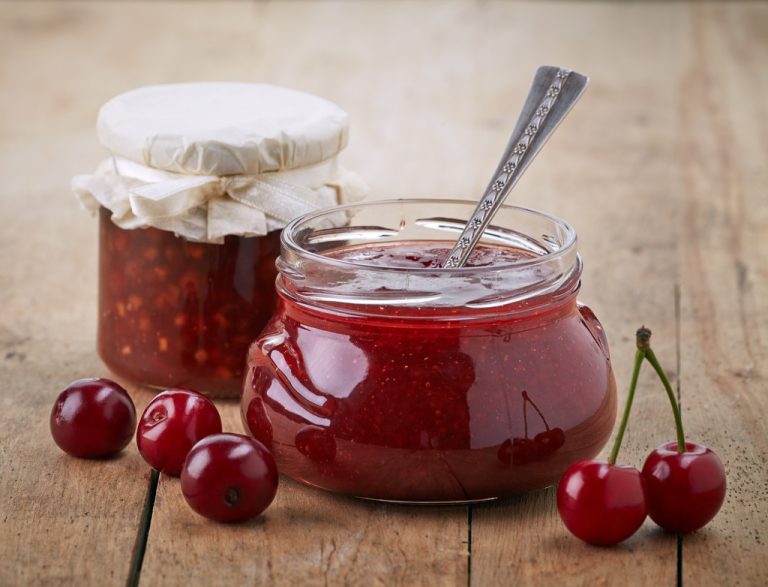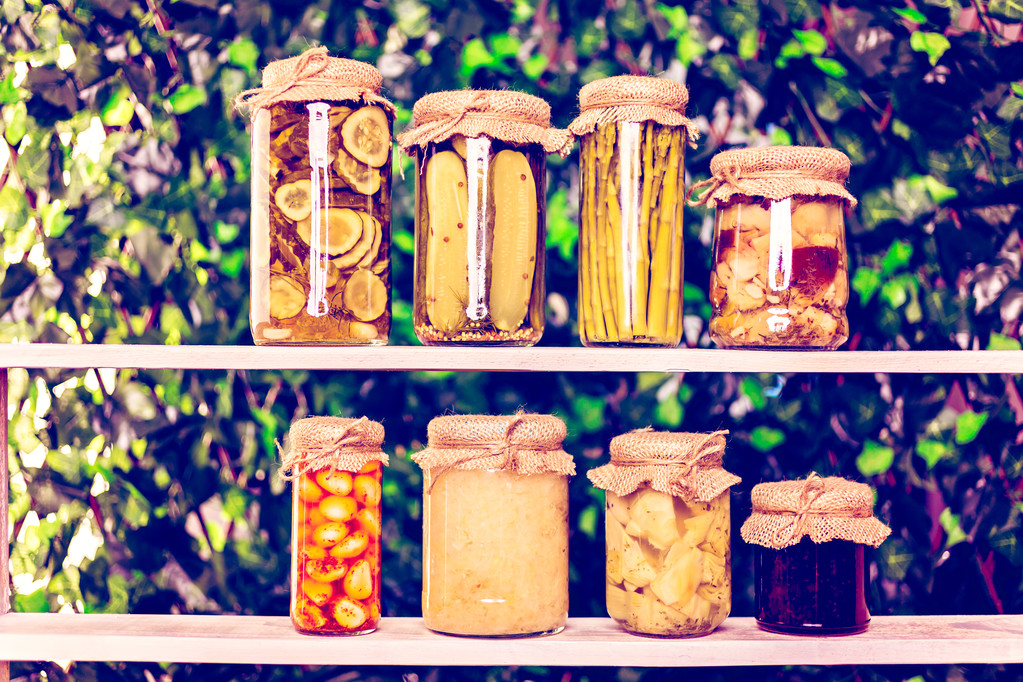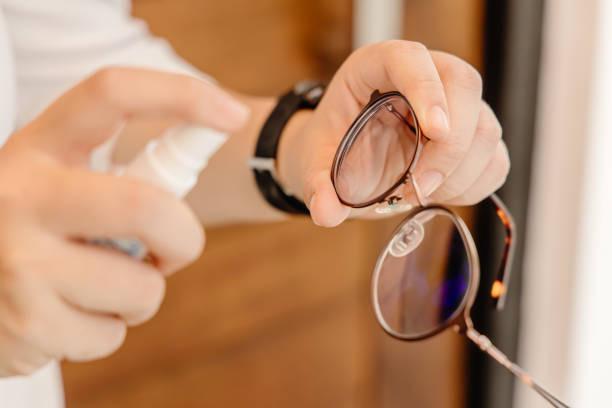If you use your dishwasher every day, it can happen that glasses remain dull and milky. You can counteract this phenomenon with a few tips.

Why glasses become milky
Nobody likes to see cloudy or “blind” glasses after rinsing. It is not possible to give a general answer to the cause of this. According to the Industry Association for Personal Care and Detergents, there are three different causes that could be behind it. A first option is regeneration salt: This consists of pure sodium chloride and ensures that the water is softened. It is also called “ion exchanger”. If this container is not closed properly, a layer of salt can form on the glasses.
Limescale deposits can also occur. These occur when the water hardness is not set correctly or there is no more regeneration salt in the dishwasher. The lime layer is not water-soluble; so you have to treat the glass with mild acids.
A third possible cause of cloudy glasses is glass corrosion. Once this has taken place, you can no longer undo it; this is because the fine glass structure was broken by water with a low degree of hardness and a high temperature. You can often see small cracks in the glass.

This is how you get matt glasses shiny
If it is the regeneration salt, the problem can be solved quickly and easily. You have to close the salt container correctly for the next wash cycle so that no salt residue can be deposited on the glasses. If there is already a layer on the glasses, you can simply wash it off by hand or start a new rinse cycle, this time with the container closed.
If there is a layer of limescale on the glasses, you cannot wash it off with water; however, acid treatment can help. For example, you can use dishwasher tabs with a water softening function, rinse aid or an aqueous citric acid solution. If the water is already very hard, for example at more than 21° dH, you usually need additional regeneration salt.
To protect the glasses, it makes sense to use dishwasher products with zinc salt; These include, for example, dishwashing detergents with integrated glass protection. To prevent glass corrosion, you should pay attention to high-quality glasses when buying them and set the water temperature as low as possible. So that the high temperature does not attack the glass for an unnecessarily long time, you should












